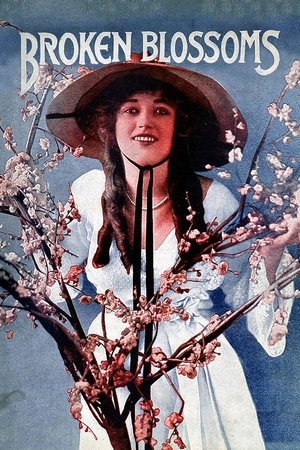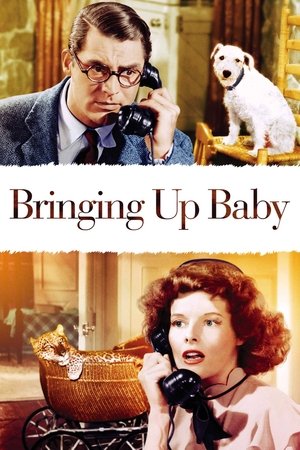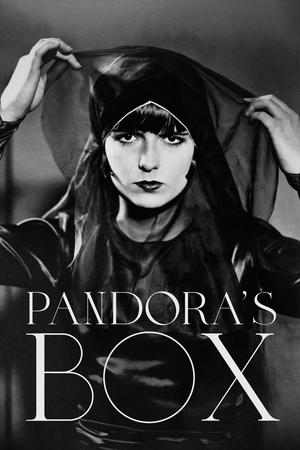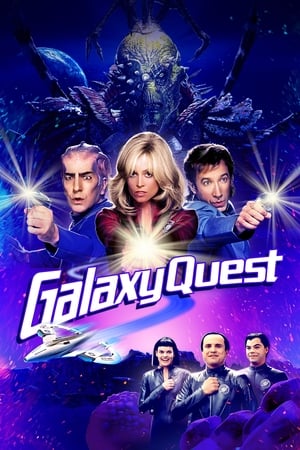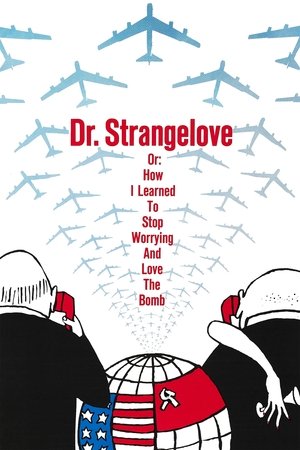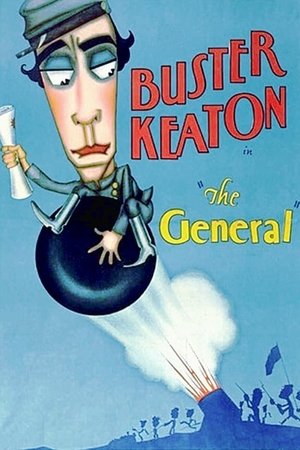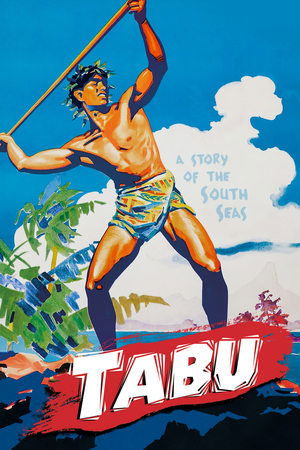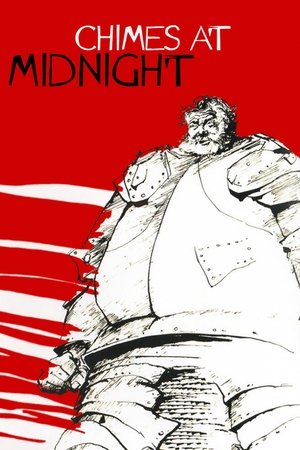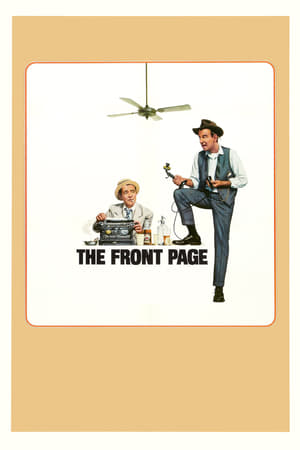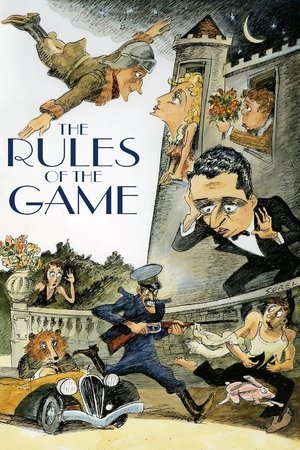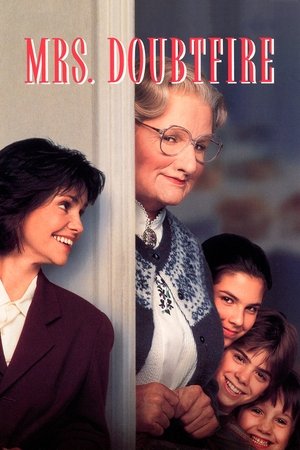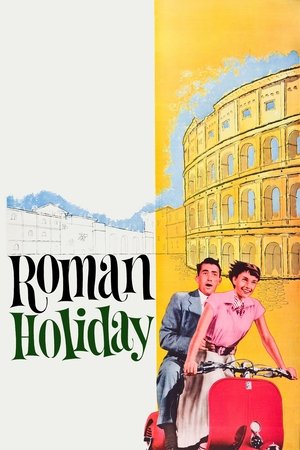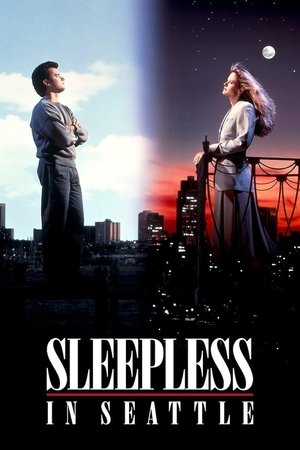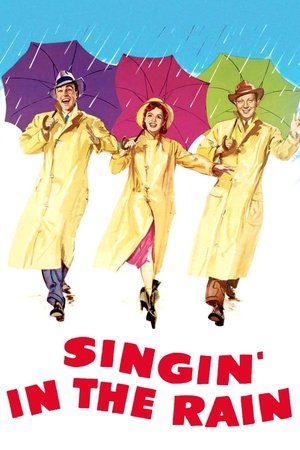Overview
When a rich woman's ex-husband and a tabloid-type reporter turn up just before her planned remarriage, she begins to learn the truth about herself.
Reviews
My, it's yar.
The high-society goings-on of socialite Tracy Lord, who's about to remarry, and her ex-husband, C.K. Dexter Haven. All this could make a good news story, if the paper sends in the right man. Enter Macaulay Connor, an unassuming reporter who deals with more than his share of the crazy antics, and nearly gets married, before the film's end. This is an excellent, funny, and wholly diverting romantic comedy from that grand old director, George Cukor (one of my favorites). With three very talented, knockout stars, the film sure couldn't go wrong, and of course James Stewart snagged his Best Actor Oscar for it. And there's Cary Grant, spouting delightful nonsense all over the place, such is this memorable little one-liner: "No mean Machiavelli is smiling, cynical Sidney Kidd!" Oh, and let's not forget Virginia Weidler, as uppity little Dinah Lord. Now she's just a total hoot! Be sure and catch this hilarious classic, _darling_. A movie as classy as its high-society characters, and worthy of its reputation.
**A film that has qualities, but that has also been overvalued over the decades.**
This was certainly one of the most interesting films of 1940, a time when the world was more attentive to the development of the war in Europe than to what was done by the actors. Based on a play that had great success on Broadway, George Cukor offers us an elegant and practical film, with material that allows the actors to show some talent, but which is still too theatrical at several moments, like a recorded play.
Despite being considered a classic at times, I think it is a minor work for everyone: Cukor will always be best remembered for “My Fair Lady”; Cary Grant shined much brighter in “North By Northwest” and “Charade”; Hepburn will always be remembered for “Lion in Winter” and Stewart, one of Hitchcock’s favorites, ensured eternity in “Vertigo” and “Rear Window”. However, it is undeniable that they are great actors and Cukor was one of the great directors of the time, which allows us to guess the importance the studio gave to this production then. The director's work is elegant, clear and well executed; Grant is good at playing the funny cynic and Hepburn follows him without a problem. It's worth seeing these two great actors in the same scene. Stuart, however, seems strange, does not develop properly and the result of his efforts is frankly poor, considering his capabilities.
Where the film makes the most mistakes is in the script, a conventional play with a contained and discreet humor, based on word puns that are lost every time we have to watch subtitled versions in our language (that's my case, as a native speaker of Portuguese), and which never goes beyond the average. The characters wander around the house, talking sarcastically, and the action is slow and predictable. I can't understand how the film won the Oscar for Best Adapted Screenplay, nor the Oscar for Best Actor, for Stewart. Especially if we consider that it had a pair of superior films alongside it, namely “Rebecca” and “Grapes of Wrath”. It's bizarre.
Katharine Hepburn is on splendid form in this story of a wealthy spoilt brat, who is about to embark on her nuptials - second time around. This time, it's the rather fastidious "Kittredge" (John Howard) she has selected. This man is a far cry from her previous husband "Dexter-Haven" (Cary Grant), but he's what her family think is a safe pair of hands after her last knee-jerk marriage ended in failure. As the big day approaches, a glossy magazine sends reporter "Lis" (Ruth Hussey) and photographer "Mike" (James Stewart) to cover the happy event. It all might have gone to plan but for the arrival at his home next door of the aforementioned ex, who whilst going through the congratulatory motions with "Tracy", is clearly up for some mischief. What chance she will walk up the aisle now? The four at the top of the bill gel perfectly here as the ghastly "Tracy" has to face a few home truths and perhaps the most potent example of "in vino vertitas" ever to hit the silver screen. The whole thing comes across as natural and at times our (safe) vantage point offers us a cutting reflection on people for whom money has no meaning, true, but for whom the feelings of other people has even less. The writing delivers some biting dialogue at times and we've some fun from "Uncle Willie" (Roland Young) thrown in to augment the confusion of the entertaining discord that is ensuing. I suppose I thought Jimmy Stewart stole the show, but in the end it's a comedic romance that's short on sentiment and long on sheer bloody-mindedness. Thoroughly enjoyable.

 113 min
113 min
 7.583
7.583
 1940
1940
 USA
USA
 barrymost wrote:
barrymost wrote: